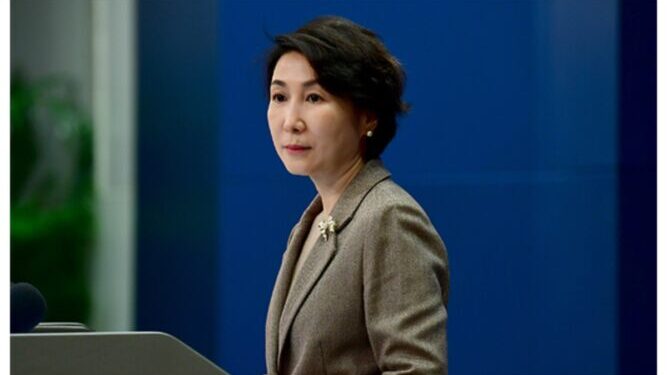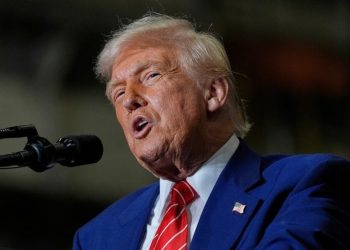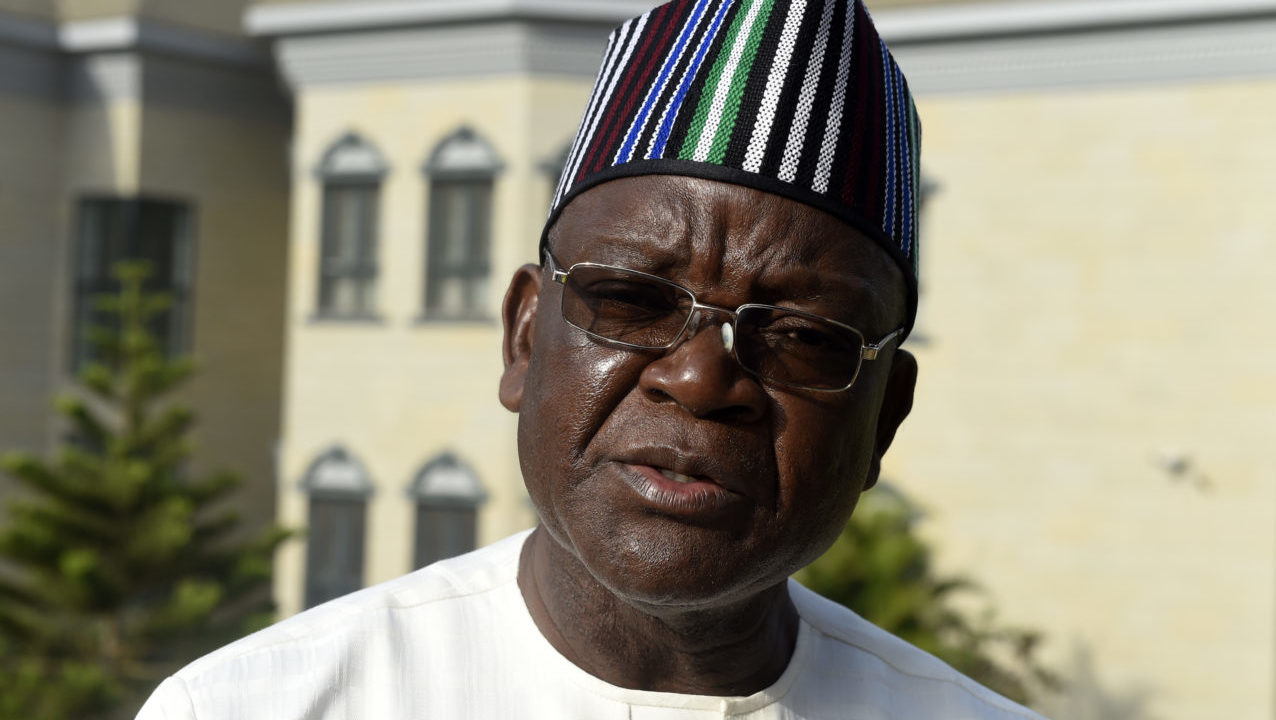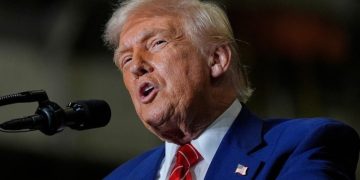China has declared strong support for Nigeria’s internal security efforts and sent a sharp message to Washington to stay away from the country’s domestic issues.
Beijing’s latest show of solidarity comes just days after U.S. President Donald Trump threatened possible military action against Nigeria over alleged attacks on Christians. The timing of China’s statement has raised eyebrows, with many observers seeing it as a calculated move in the growing power contest between the world’s two biggest economies.
China’s diplomatic message
Chinese Ambassador to Nigeria, Yu Dunhai, said Beijing “firmly supports” Nigeria’s right to choose its own path of development without foreign interference. Speaking after a meeting with the National Security Adviser, Nuhu Ribadu, he praised President Bola Tinubu’s government for what he called a “home-grown approach to stability and growth.”
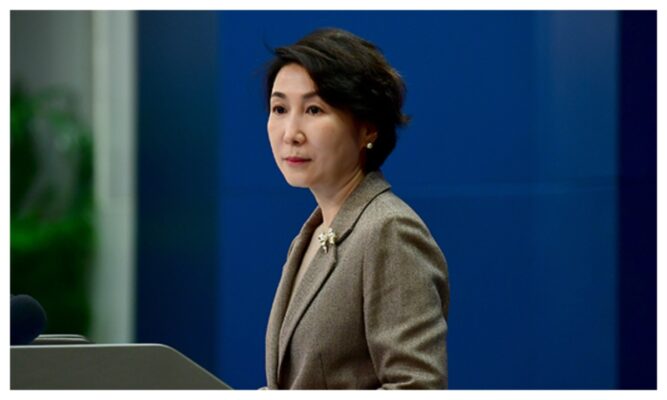
Dunhai’s words carried more than friendly diplomacy. In his statement on X, he made it clear that China opposes “any country’s interference in other countries’ internal affairs under the pretext of religion or human rights.”
That line, while aimed broadly, was widely read as a response to the United States, especially after Trump’s public warning that America could strike Nigeria to protect Christians.
A geopolitical chess move
China’s backing of Nigeria may sound like simple support for a partner, but it fits neatly into Beijing’s long-term strategy of countering U.S. influence in Africa.
By siding with Nigeria at a moment of diplomatic pressure, China signals that it is ready to act as Nigeria’s global shield — not out of pure friendship, but out of rivalry.
The two powers have been locked in a global struggle for dominance, and Africa has become one of the main battlegrounds. For China, helping Nigeria stand up to the U.S. is a symbolic victory, a chance to say, “You don’t need Washington to tell you how to run your country.”
Beijing’s calculated friendship
Nigeria is not just another African partner. It is Africa’s most populous country and one of its largest economies — a strategic prize in any global contest. For China, Nigeria represents a foothold in West Africa’s political and economic space, an area traditionally watched closely by Washington and Europe.
So, when China backs Nigeria and warns the U.S. to stay out of its affairs, it is also defending its own influence. By framing the issue as one of sovereignty and respect, Beijing appeals to a sensitive nerve in Africa, the long memory of colonial interference and Western hypocrisy.
But the reality is that this “support” also comes with China’s growing economic grip: massive loans, infrastructure deals, and trade arrangements that often put African nations in debt traps.
A convenient partnership
For Tinubu’s government, Beijing’s message is politically useful. It allows Nigeria to appear defiant toward Washington while projecting an image of control. But the question remains: will China’s backing translate into actual security assistance, or is it just another diplomatic soundbite?
Nigeria’s fight against terrorism has dragged on for over a decade, with little to show beyond repeated promises. While China has offered training and some military hardware in the past, its main interest lies in protecting its investments, not necessarily Nigerian citizens.
China’s stance also reveals how the U.S.–China rivalry is no longer confined to trade or technology, it’s now shaping African diplomacy. Washington wants to appear as the global defender of democracy and human rights, while Beijing promotes a “no-interference” model that many African leaders find appealing.
Between both superpowers, Nigeria becomes the chessboard. Each side claims to support its sovereignty, yet both have strategic motives. The danger is that Nigeria could end up caught between their ambitions.
A Test of Sovereignty
In the end, China’s warning to the U.S. and its vocal support for Nigeria might sound empowering, but it is also self-serving. True sovereignty isn’t proven by choosing one global power over another, it’s shown through stability, economic independence, and the ability to solve internal crises without external scripts.
As China backs Nigeria and tells America to stay away, the real test for President Tinubu’s government remains at home: can it fix insecurity, rebuild trust, and lead the country without leaning too heavily on any foreign partner?
Because in this new global game, every act of support comes with a price tag.

